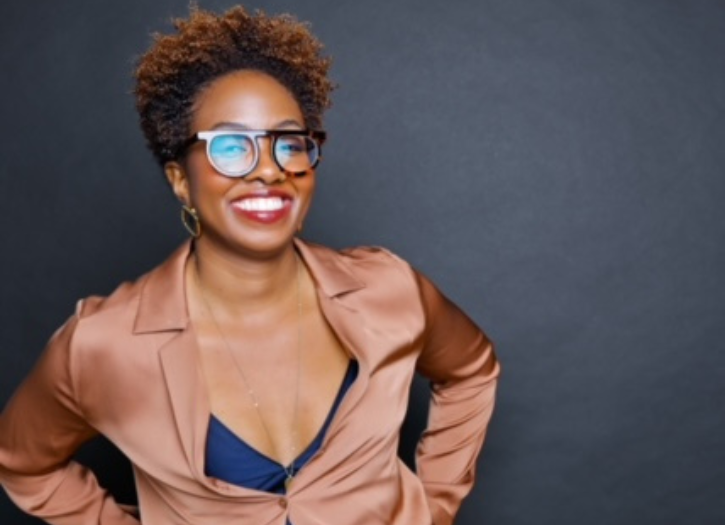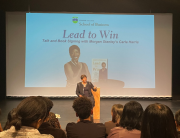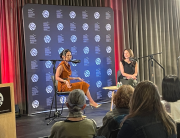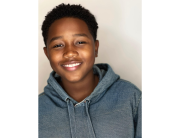What was the inspiration behind becoming a therapist?
Domenique: When I started my professional career, I was working in community care & crisis management facilitating educational events and creating planning responses to disaster emergencies. I have always had a heart for community learning, health, & wellness.
However, I felt so far away from the community outcomes. I never really saw – first hand – the healing from my efforts. I knew that working directly with individuals and small groups would give me the closeness I sought. So, I entered graduate school for clinical psychology, moved through my classes with ease but felt something was missing. Specifically, exploration of oppression/race/racism, strategies and skills for effective communication and healthy relationships, and the importance of intergenerational and communal trauma and narratives. I read a lot more books, attended more learning workshops, and then started my work with clients and was completely overwhelmed. There was so much trauma and stress connected to unmet relational needs, disconnection from racial, familial & community histories, people who were wounded by and numb to their bodies, and incredibly ill-equipped to talk directly and with integrity to their partners, family, and peers about their hopes and hurts.
What makes your approach unique?
Domenique: I provide therapy at the intersection of race and relationships, which means that folks who work with me learn how our intergenerational our histories and relationship patterns impact their current communication & connection challenges. Once we know more about our individual identities and community narratives, we can relate flexibly, grow steadily, and communicate thoughtfully with our partners, family, & peers. Everyone should be able to connect to their racial histories, relational patterns, and community truths with the learning styles that make them feel affirmed and heard.
How important is the conversation surrounding mental health?
Domenique: The conversation surrounding mental health is incredibly important. Our friend/family/partner relationships, social environments, school/job/economic opportunities, trauma experiences in childhood/adolescence/adulthood, and more impact how we see/engage/approach the world.
What would you say to someone who is reluctant to start therapy?
Dominique: Reluctancy is natural. We have been told all our lives that solving our problems should be done alone or with the person whom we find an issue/problem with – family, friend, partner. But what we also haven’t been taught are multiple flexible ways to overcome EVERY problem we face, that is where therapy can help.
How can our views learn more:
Dominique: Website: https://theracialequitytherapist.com/
Photo Credits: Photo Provided







Add Comment